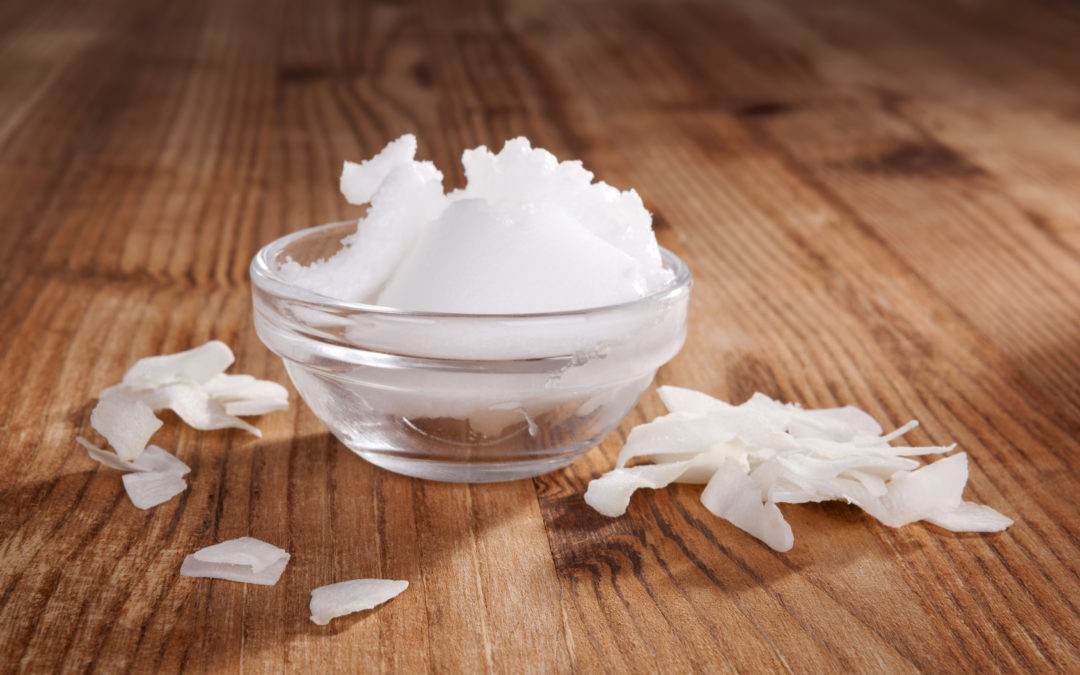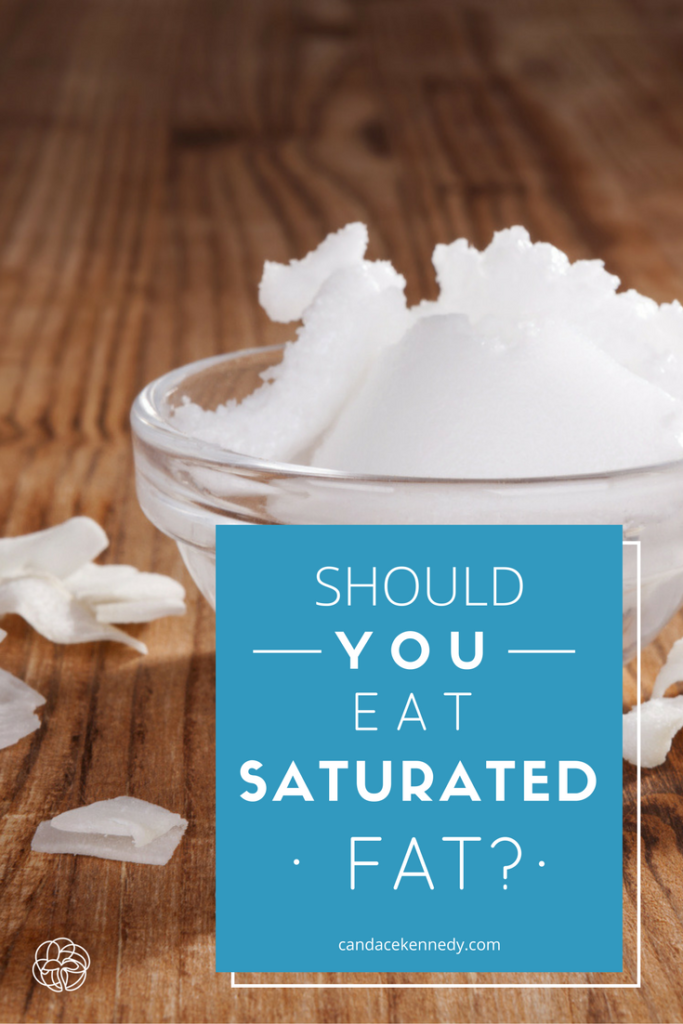Fats are one of the three macronutrients, and they provide a great source of energy at 9 calories per gram. Before you run away from this article in fear of fat (and calories), hear me out. Saturated fat and fat in general has gotten a bad rap over the years, but it’s finally time to clear up its reputation. It’s a highly misunderstood nutrient with conflicting research and opinions that have confused the general public and media into thinking fats are evil. Clinical trials and solid research, however, have proved the opposite.Studies show that high-fat diets can actually improve cholesterol levels, support brain function and be part of a healthy lifestyle when the right kinds and the right amount of fat are consumed.
While it’s true that some fats are not part of a healthy diet, you do need the right kind of fat for many essential bodily functions, from building cell membranes to supporting your body’s hormone production. Fat also provides protection for organs and cells and is a carrier of fat-soluble nutrients like vitamins A, E, D and K.
It’s also true that not all fats are created equal. The right amounts of the right kinds of fat will make you healthier, help your brain work more effectively (your brain is 60% fat!) and improve the absorption of key nutrients. On the other hand, the wrong kinds of fats will slow you down and make you less healthy.
Are Saturated Fats Good For You?
The short answer is yes. The long answer is it depends on the quality of the fat.
For years, people have associated saturated fats with heart disease. Now, thank goodness, we have solid research indicating that the connection between the two is insignificant, if not nonexistent. In January of 2010, the American Journal of Clinical Nutrition published a meta study (a study of multiple studies) showing that there’s “no significant evidence for concluding that dietary saturated fat is associated with an increased risk of coronary heart disease or cardiovascular disease.”
Another lesser known fact is that Ancel Keys, the man who first popularized the notion that saturated fats cause heart disease, threw out any data that didn’t fit the hypothesis that all dietary fats lead to obesity and cancer. In other words, his study and research were incredibly misleading, but for some reason are still referenced today.
Okay, so now that we’re not scared of saturated fat anymore (right?), let’s talk about the good that it does do for our bodies. Here are a few of the many benefits of saturated fats:
- They’re primarily used for energy.
- They’re excellent sources of fat-soluble nutrients, including CLA and omega-3s.
- Saturated fats like coconut oil contain brain-boosting, bacteria-fighting MCTs (more on these below).
- They carry precursors to important nutrients and antioxidants like glutathione, a powerful antioxidant needed for liver detoxification.
- They can improve liver function by encouraging liver cells to dump fat cells.
- They are the most stable and least likely to oxidize at high temperatures, making them great for cooking.
- Like all food, quality matters – so make sure you’re getting your saturated fats from quality sources.
Three Great Sources of Saturated Fats
Coconut Oil
Coconut is primarily fat and is made up of a special kind of fat called medium chain triglycerides, or MCTs. MCTs convert quickly to ketone energy and fuel your brain and muscle. They also boost your metabolism and have anti-fungal, anti-bacterial and anti-viral properties. Coconut oil is stable at high heats and can add a delicious flavor profile to any dish. Try subbing it for olive oil in your favorite fish recipes or blending it to your morning coffee or tea for an extra energy boost.
Grass-fed Butter
Yes, you read that right. You can add butter back to your healthy grocery shopping list, but only if it’s grass-fed. Why? There’s a huge difference in the nutritional profile of grass-fed and non-grass-fed animal products. Grass-fed butter is high in vitamin A, which can improve brain function, memory and learning. Butter is very high in vitamin K2, a fat-soluble vitamin that helps protect brain cells from harmful environmental factors. This is especially useful for those of us living in bustling metropolitan cities or other high-pollution locations.
Tallow From Grass-fed Animals
Like grass-fed butter, animal fats are high in saturated fat and fat-soluble vitamins and nutrients. It’s important here to make sure you’re eating fat from animals raised in quality environments (think grass-fed meat, pasture-raised poultry and heirloom pigs). The nutrient profile can drastically shift when you lose focus on quality. Since this fat is so low in PUFAs (polyunsaturated fats), it’s highly stable when cooking and is, therefore, one of the best kinds to use over high heats. It also doesn’t hurt that it’s pretty darn delicious.
Pin and save for later:
Image creds:
- Butter – Rebecca Siegel
- Coconut Oil – Meal Makeover Moms




Trackbacks/Pingbacks